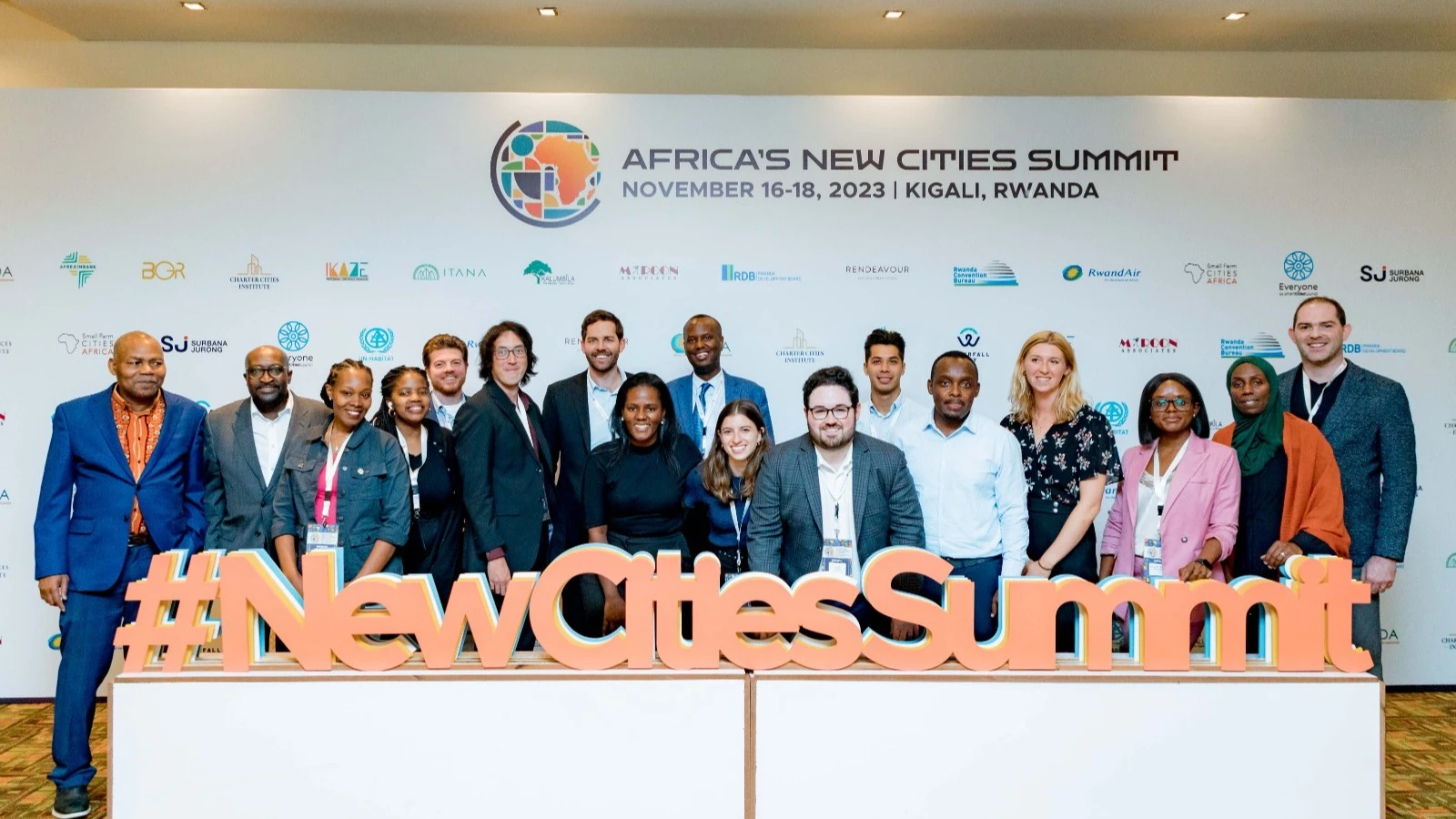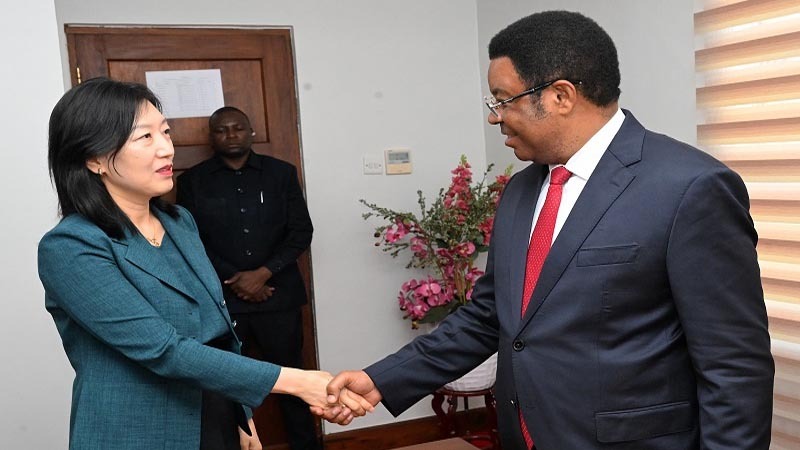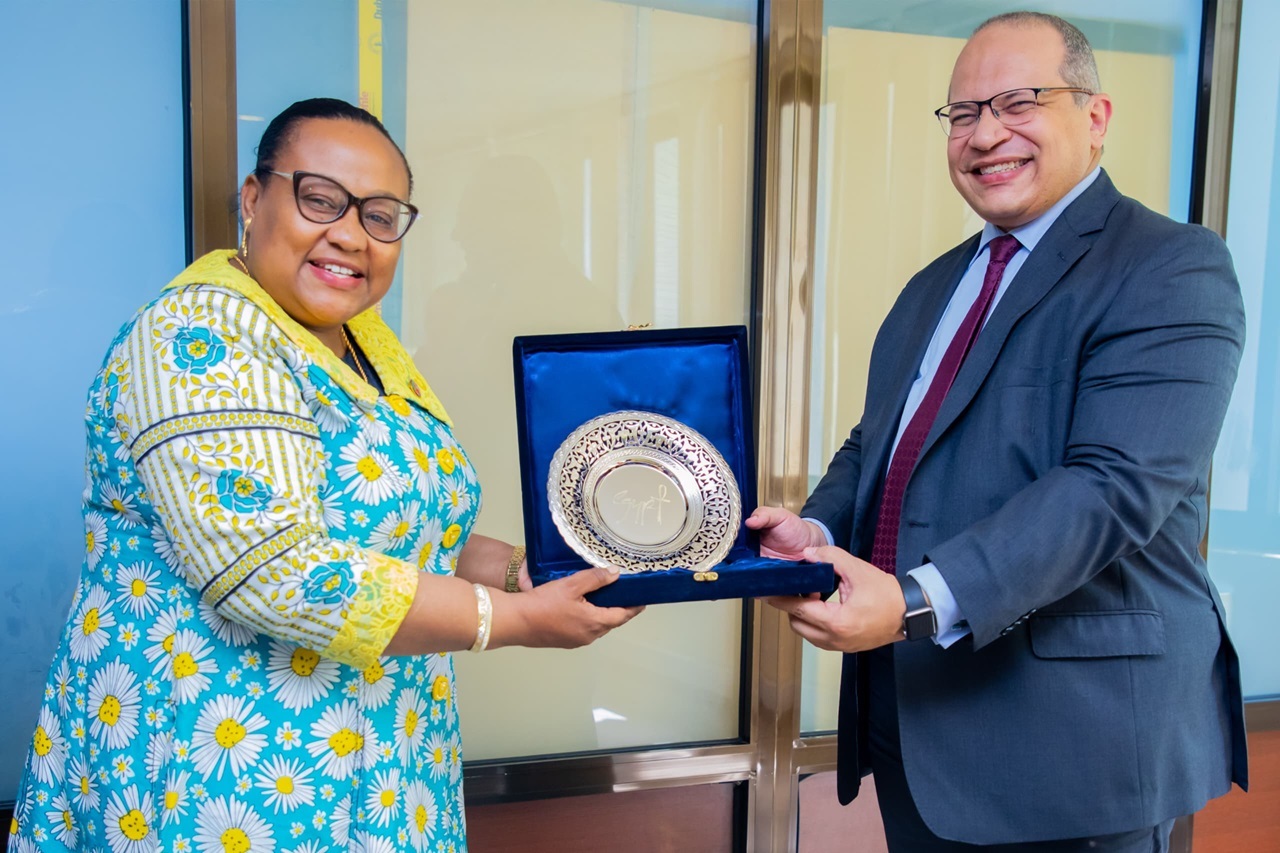How Tanzania Chapter Ocean Governance Forum Aims to Transform Marine Policies

Tanzania’s vast coastline and rich marine ecosystems hold immense potential for sustainable economic growth through the blue economy. However, the increasing challenges of overfishing, marine pollution, and climate change call for urgent and coordinated governance efforts.
As the country hosts the inaugural Tanzania Chapter Ocean Governance Forum from 18th to 19th February 2025, the National Environment Management Council (NEMC) Director General, Dr. Immaculate Sware Semesi, sheds light on the importance of this platform, its key objectives, and the strategies needed to balance economic aspirations with environmental conservation. In this exclusive interview, she discusses how Tanzania aligns its ocean governance with global frameworks, the role of multi-stakeholder engagement, and the innovations that can drive long-term marine sustainability.
Q: Why is the Tanzania Chapter Ocean Governance Forum an essential platform for the country, and what are its key objectives at this inaugural event?
ANSWER: The Tanzania Chapter Ocean Governance Forum is an essential platform at this time due to the increasing pressure on our marine ecosystems from overfishing, pollution, and climate change. As Tanzania seeks to harness the opportunities of the blue economy, this forum provides a crucial space for policy deliberation, collaboration, and innovation. The inaugural event aims to: Align national policies with global and regional ocean governance frameworks; facilitate multi-stakeholder engagement for sustainable marine management; and promote research, capacity-building, and knowledge-sharing to support ocean conservation.
Q: How does Tanzania’s approach to ocean governance align with global and regional frameworks such as the UN Sustainable Development Goal 14, the Nairobi Convention, and the African Union’s Agenda 2063?
ANSWER: Our efforts to curb overfishing, marine pollution, and habitat destruction contribute directly to the UN Sustainable Development Goal 14 (Life Below Water). We actively participate in regional initiatives to promote marine conservation and sustainable coastal management. Our policies emphasize sustainable economic growth through blue economy strategies that ensure environmental protection and resilience.
Q: What are the major threats facing Tanzania’s marine ecosystems today, and how can multi-stakeholder engagement help mitigate these challenges?
ANSWER: The major threats to Tanzania’s marine ecosystems include illegal, unreported, and unregulated (IUU) fishing, marine pollution, climate change, and habitat destruction. Multi-stakeholder engagement helps address these challenges by enforcing regulations through collaborative efforts between government agencies, coastal communities, and the private sector; promoting community-based conservation initiatives; and encouraging responsible corporate practices in marine industries.
Q: With the increasing focus on the blue economy, how can Tanzania ensure that economic growth from marine resources does not come at the expense of environmental sustainability?
ANSWER: To balance economic growth and environmental sustainability, Tanzania must implement stringent environmental regulations for marine-based industries; encourage eco-friendly tourism and responsible fishing practices; strengthen marine spatial planning to designate conservation zones and sustainable-use areas; and invest in marine research and innovation for resource management.
Q: Illegal, unreported, and unregulated (IUU) fishing remains a major challenge for Tanzania’s marine sector. What strategies or enforcement mechanisms is NEMC advocating to curb this issue?
ANSWER: NEMC advocates for the various strategies to curb illegal fishing including strengthening enforcement of fisheries regulations through improved surveillance and patrols; implementing community-led monitoring programs; leveraging technology such as satellite tracking and AI-based monitoring systems; and promoting sustainable aquaculture as an alternative to overfishing.
Q: Collaboration among stakeholders is a major theme of this forum. How can the private sector, local communities, and academia contribute more effectively to sustainable ocean governance?
ANSWER: Effective ocean governance requires multiple stakeholders' contributions including the private sector, local communities, and academia. The private sector has to invest in sustainable marine industries, adherence to environmental standards, and support for conservation initiatives. Local communities must participate in marine resource management, traditional knowledge integration, and adoption of sustainable fishing practices. Finally but more importantly, academia has to research to inform policy, develop innovative conservation solutions, and capacity-building in ocean science.
Q: What role do research and innovation play in enhancing sustainable ocean governance, and how can Tanzania improve its capacity for marine research?
ANSWER: Research and innovation are critical for developing scientific data to guide policy decisions; enhancing marine biodiversity monitoring and ecosystem health assessments; innovating sustainable fishing, aquaculture, and pollution control methods; and strengthening capacity in marine research institutions through funding and international collaborations.
Q: What are your expectations for the outcomes of this forum, and how do you envision its impact on Tanzania’s long-term approach to ocean governance?
ANSWER: The expected outcomes of this forum include: a strengthened policy framework for ocean governance in Tanzania; enhanced stakeholder collaboration leading to practical solutions for marine conservation; increased investment in research and innovation for sustainable marine resource management; and greater awareness and engagement of coastal communities in conservation efforts.
Top Headlines
© 2025 IPPMEDIA.COM. ALL RIGHTS RESERVED

























